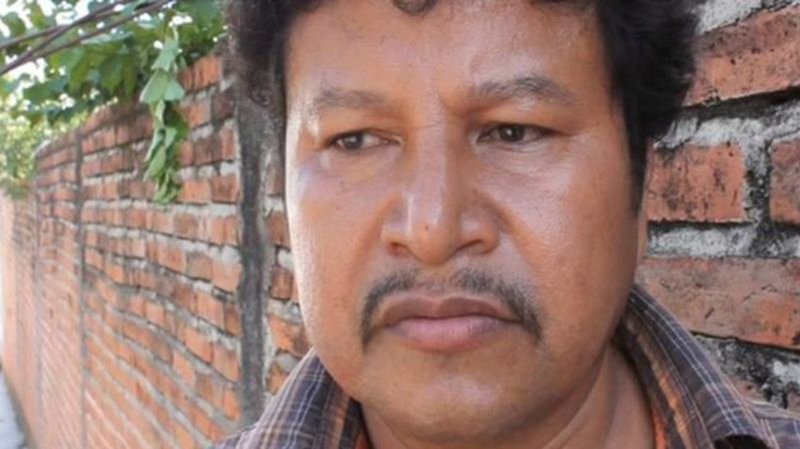
Supporters of slain mining activist take case against Canada to international body
OTTAWA — Family and supporters of a Mexican activist who was killed after opposing a Canadian company’s mining project are taking their case to an international human rights body.
The Justice and Corporate Accountability Project, a Canadian initiative by volunteer lawyers, is making a complaint to the Inter-American Commission on Human Rights on behalf of the family of Mariano Abarca.
The complaint alleges that Canada failed to uphold its international human rights obligations by pressuring Mexican authorities to advance the mining project despite having knowledge about related threats to Abarca’s life.
The activist’s supporters have exhausted legal avenues in the Canadian courts.
